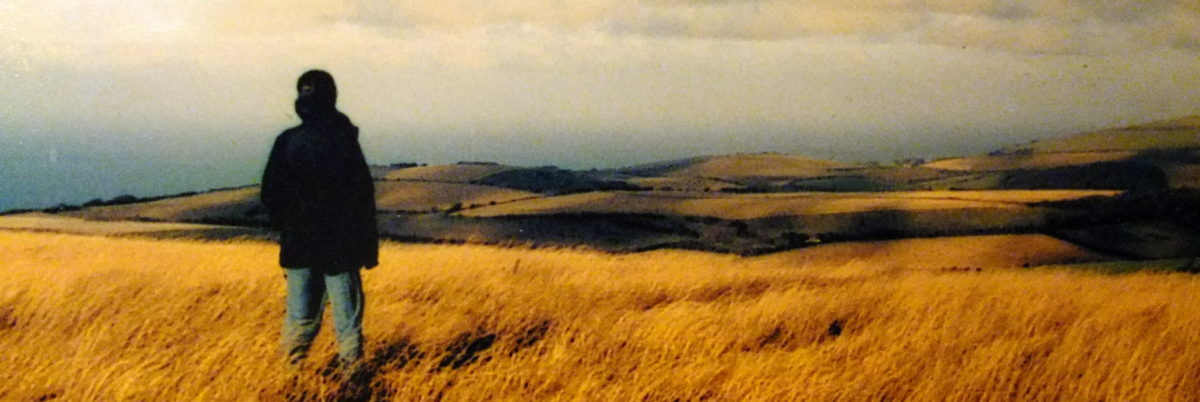
They first “”met” in 1934 when they were teenagers. As high school students studying a foreign language , they were matched to be penpals to help them learn. Lotte was a businessman’s daughter in Germany, and Lucille was a farmer’s daughter in Pennsylvania.

Lotte wrote first: Dear Miss Lucille, Today in school I got your address and at once I resolved to write. . . I am fourteen years of age. I am very glad to have a girl-friend in U.S.A.
During the next few years, letters flowed across the ocean. They wrote of daily life at school and home, of summer trips and activities. They wrote of their plans for college and hopes for the future – a women’s college in Berlin for Lotte, studying “what I must for daily life,” and local Elizabethtown College for Lucille where she’d study to become a teacher.
Lucille did graduate and become a teacher, but Lotte lived in Germany in the 1930’s, and Hitler was in power. Even before World War II began, all communication between Lotte and Lucille stopped.
I don’t know much of Lotte’s life during the war, but I know about Lucille’s life. She married and, a few years later, became a mother–MY mother actually! My parents lived together on a family farm and taught school.
Finally the war ended. It was over a year later when a letter arrived for Lucille addressed to her maiden name. Fortunately the local postmaster in her small town knew her present name and her present address.
My dear Lucille, For many years we have written us some letters from the school. Perhaps do you remember on this happy time? My name was Lotte Thiele. Now I am married. . .My husband is in Yugoslavia and I in Hamburg. My family and I have lost our home and all that we love. We live very poor in one room and you have surely a good heart to help us.
Lucille did have a good heart to help! My mother’s journal recorded how she and my father stayed up late and talked for hours about what they could do to help Lotte and her family. The first letter was sent off the next day and the first package followed very shortly.
Lucille learned that Lotte, her four sisters and her parents had escaped from eastern Germany ahead of the Russian forces, and traveled dangerously by sea to Hamburg in the West. But they had nothing, and, as Lotte wrote, had “not kith and kin in America only you.”
This second stage of the Lucille and Lotte friendship flourished as packages and letters bridged the Atlantic. Friends from Lucille’s church also sent packages to Lotte’s family. And, after a few years, as Lotte and her sisters found work, small gifts arrived for Lucille, too. I have fond memories of the Advent calendar that arrived one year. Another treasured gift hangs framed on my wall today. It’s a simple handkerchief with “your German friends” and the names of Lotte’s family embroidered on it!
No, Lotte and Lucille never met. But their friendship and their letters continued the rest of their lives. That handkerchief on my wall speaks to me of faithfulness, of open-hearted generosity and love.
Faithfulness in friendship can seem rather unexciting. Continuing to write letters to someone an ocean away whom you know you’ll never meet – how easy it would be to quit. But they kept on. They were called to this mysterious relationship of letters, and they continued writing. When they lost their husbands in the same year, they comforted each other through letters. The faithful, loving care they had for each other was a gift for both women, and they just kept on.
—————————–
Although my mother and Lotte never met, I met Lotte when I traveled with my husband and two young children to Germany many years ago. Lotte was very excited to meet “Lucille’s family” and had prepared a feast to celebrate. We heard stories of the first package that arrived from America (at Christmas time), and how it contained a fondly-remembered red sweater and the first chocolate they’d had since before the war! I told Lotte what her Advent calendar had meant to me as a child. And so, the following autumn, my children received an Advent calendar from Germany!
Friendship ripples out to touch many lives, and we can’t see the end of it. May this story touch your life and ripple out through your living and your friendships to touch others.
























